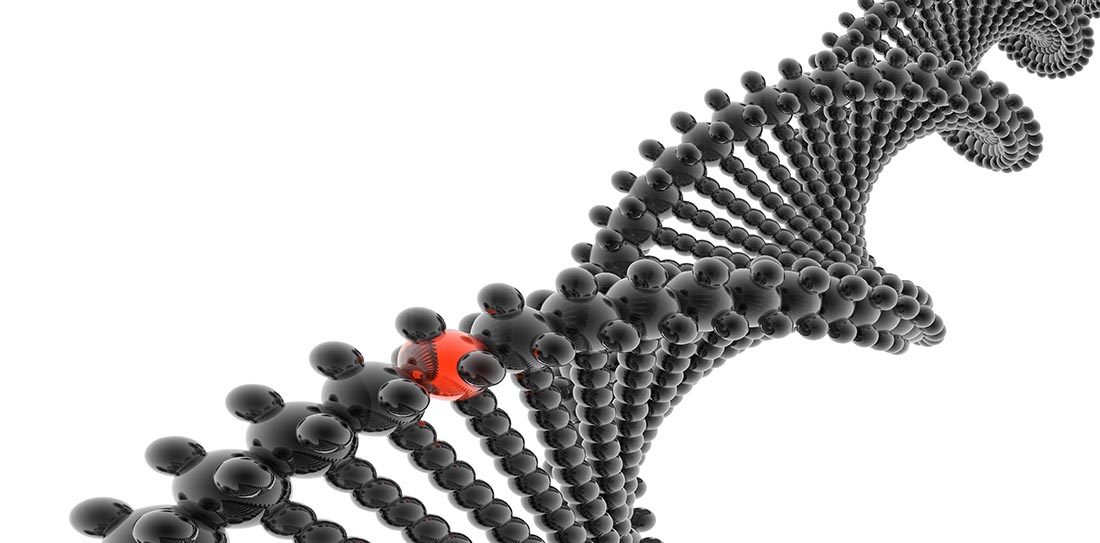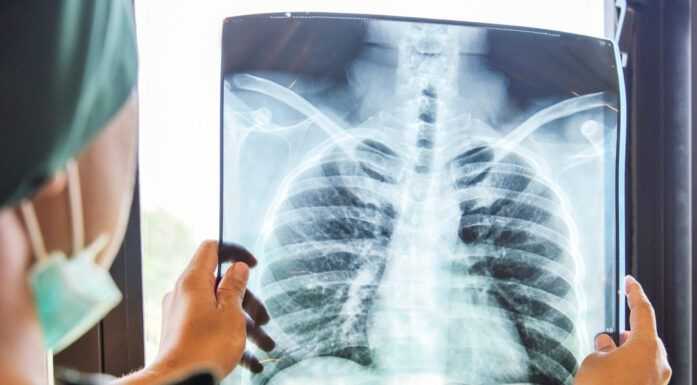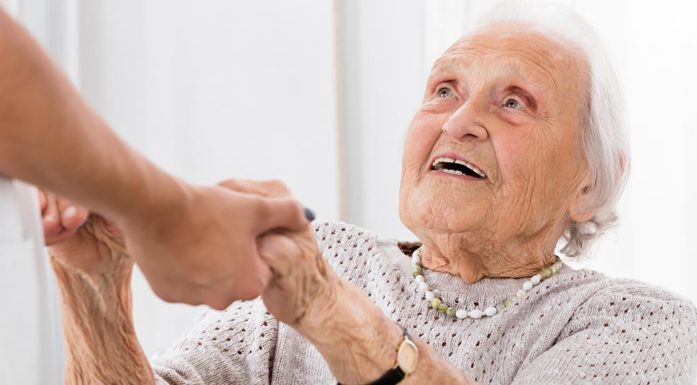Turning genes off for better cancer treatment
A treatment that kills the cancer cells in one fell swoop, without causing the patient to feel sick from the medication’s side effects? That’s the goal of new personalized cancer therapies that are being developed across the globe, including at NTNU.
Cancer treatment options have expanded in recent years, but personalized cancer therapies using technologies that can edit genes are the holy grail for many research groups.
Barbara van Loon, an associate professor at NTNU’s Department of Clinical and Molecular Medicine, is working on exactly this technology, aided by a NOK 4 million grant from the Norwegian Cancer Society. van Loon is also one of NTNU’s Onsager Fellows, a programme designed bring young, internationally recognized researchers to NTNU to strengthen the university’s academic community.
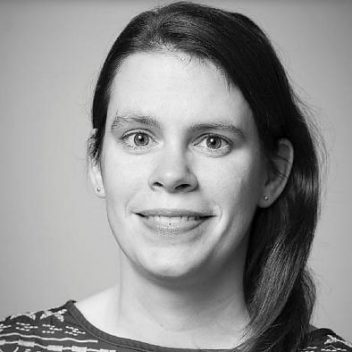
Barbara van Loon received a NOK 4 million grant from the Norwegian Cancer Society to explore the basics of better cancer treatments. Photo: NTNU
“By using CRISPR technology to edit genes, we individually disable all the different genes in human cells. We do this to figure out what determines whether a cell survives or dies when it’s treated with chemotherapy containing alkylating agents,” van Loon said.
But what exactly does that mean?
- You might also like: Using Big Data to understand immune system responses
Substances that both trigger and kill cancer
For starters, let’s look at alkylating agents. These are substances found all around us in the environment – in tobacco smoke, in fried meat and fish, and in car exhaust. But they’re also found naturally in our bodies – as by-products that remain from the cells’ metabolism. The problem arises when these substances attack our DNA.
“DNA can be compared to computer software. If the software gets corrupted, your computer won’t work,” says van Loon.
These alkylating agents, combined with the genes we inherit from our parents, can lead to cancer. Paradoxically, the same type of drug is used to treat cancer. The goal then is for these substances to destroy the DNA in the cancer cells so that they die.
Van Loon’s goal is to answer the question of which genes determine whether a cell survives or dies when exposed to alkylating agents.
- You might also like: 50,000 Norwegians need more morphine than the average Joe
Understanding cells’ internal communication
The cells in our body are made up of different groups of building blocks that communicate with each other, both within each group and between the groups.
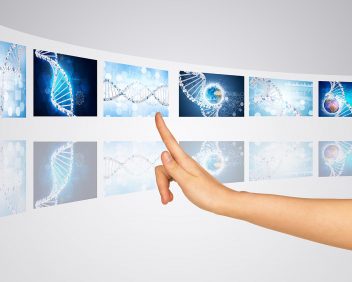
Genes are deactivated one by one and exposed to alkylating agents. This allows researchers to see which cells die and which survive. Illustration Photo: Colourbox
“We want to find out how these networks of building blocks communicate when they’re exposed to medications with alkylating agents,” says van Loon.
This is where CRISPR’s genome editing technology comes into play. Using CRISPR, researchers individually disable all the different genes in human cells.
“In one cell, we deactivate gene A, in another gene B, in a third gene C, and so on,” says van Loon.
Researchers treat all the cells with alkylating agents, allowing them to see which cells die sooner or live longer than the other cells. Then the research may show that the cell lacking gene A survives treatment with alkylating agents, but the cell lacking gene B dies, for example.
“We end up with a list of the most promising genetic recombinations, which determine whether a cell will survive or die with this kind of treatment,” says van Loon.
- You might also like: Family’s hereditary cancer gene found
Using the HUNT Biobank
The next step in the process is to take the list to the gene bank, which is collected and stored through Norway’s Nord-Trøndelag Health Study (HUNT). How often do genetic changes occur in the region’s population list? And do the individuals with these changes have cancer, and if so, what type of cancer?
If everything goes as van Loon hopes, researchers will eventually manage to create much more effective personalized cancer therapies.
“We want to know that people who have these special genetic changes will respond better to treatment. They need less chemotherapy to achieve a desirable outcome, which means they’ll suffer fewer and weaker side effects,” van Loon says.
She lists three outcomes she hopes the research project will provide:
- First, by building a list of the genetic recombinations that most strongly influence whether a cell dies or survives when exposed to alkylating agents, researchers can determine whether people with these combinations will respond well or poorly to the chemotherapy.
- Second, she hopes to be able to help develop treatment therapies that are more effective against cancer. When the researchers learn which genetic recombinations prevent cancer cells from dying, it will be possible to inhibit these “brakes” and kill the cancer faster.
- Third, van Loon wants to provide more accurate information to the public at large. It will be useful for people to know more about how the body reacts when exposed to these alkylating agents that we’re exposed to all the time and everywhere.
